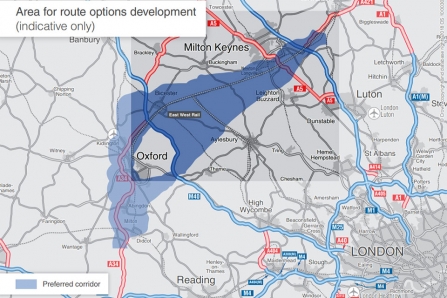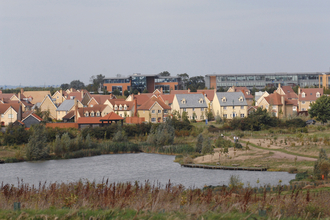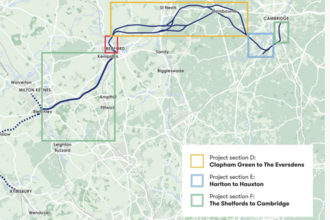Our neighbours at the Berks, Bucks and Oxon Wildlife Trust made an important breakthrough yesterday, securing a High Court hearing about the level of environmental scrutiny that major infrastructure projects must be given.
The Oxford to Cambridge Expressway is a government-led proposal to fill a perceived gap in the strategic road network, providing a 2-lane route directly between the two cities. In our counties there are sections where such a road already exists, although changes are proposed to parts of the A421 and A428 and there will be an impact. From Milton Keynes to Oxford, however, the proposal requires an entirely new road. This new stretch of road could have some impact in Bedfordshire, but there are likely to be more major impacts for wildlife in Buckinghamshire and Oxfordshire.





